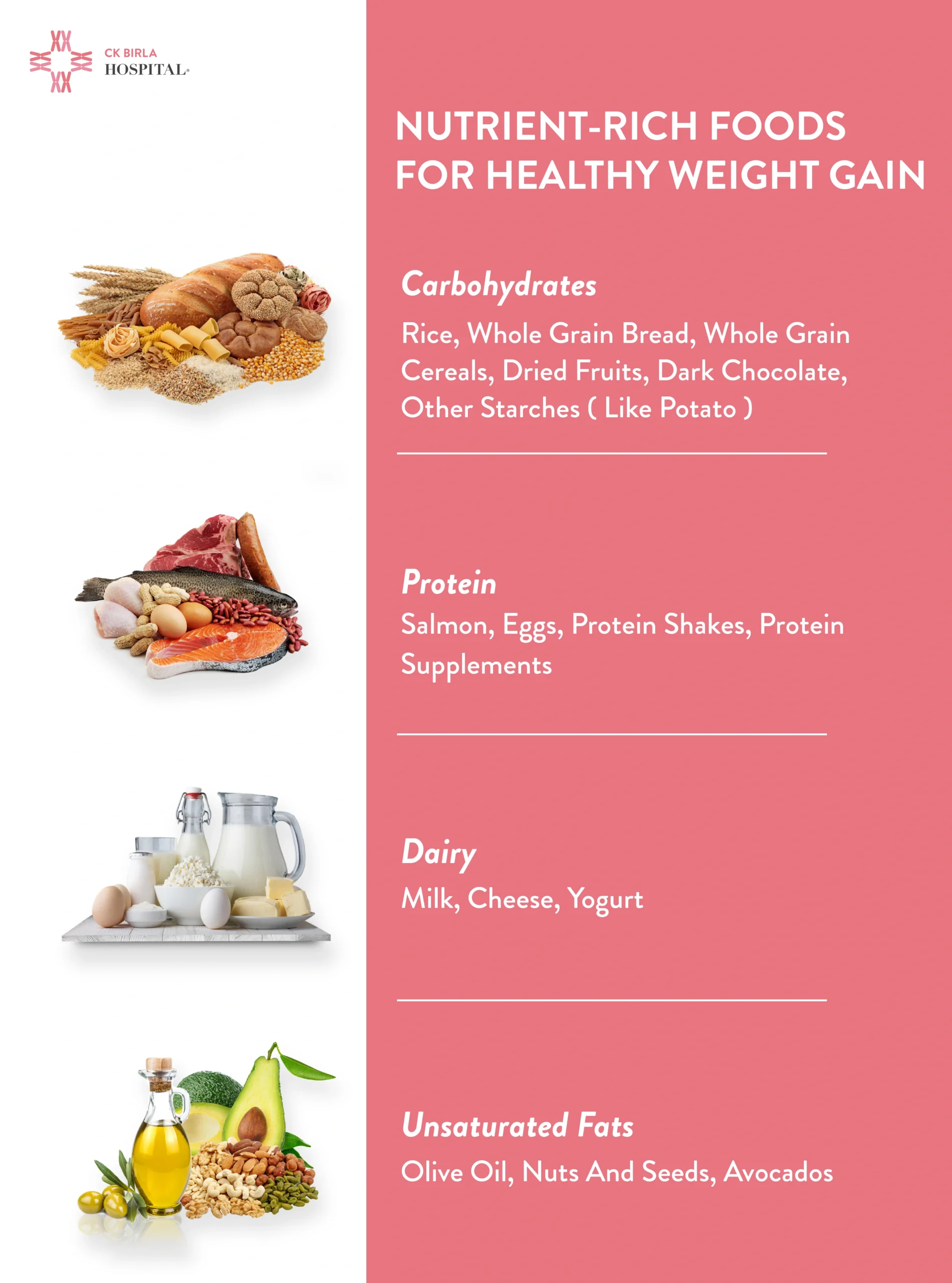Index Surge: Amplifying Your Insights
Stay updated with the latest trends and news across various industries.
Feasting for Gains: Are You Eating Enough to Grow?
Unlock your growth potential! Discover if your diet boosts muscle gains. Are you eating enough to transform your body? Find out now!
Maximize Your Gains: The Ultimate Guide to Nutrient Timing
Nutrient timing is a crucial strategy for anyone looking to maximize their gains, whether you're an athlete or simply someone who wants to enhance their fitness journey. It involves the strategic intake of nutrients around your workouts to optimize performance, recovery, and muscle growth. Maximize your gains by focusing on the timing and composition of your meals and snacks. Here are some key principles to consider:
- Pre-Workout Nutrition: Consume a balanced meal rich in carbohydrates and protein about 1-3 hours before exercising to fuel your workouts.
- Post-Workout Recovery: Within 30 minutes after your session, prioritize protein and carbs to kickstart recovery and muscle repair.
Understanding how to properly sequence your nutrient intake can make a significant difference in your overall results. The window of opportunity for nutrient absorption is particularly critical after workouts when your muscles are primed for recovery. Incorporating easily digestible sources of protein, such as whey or plant-based protein, along with carbohydrates, can enhance muscle glycogen replenishment and promote muscle repair. To truly maximize your gains, remember that your nutrition doesn't just end with your workout; maintaining a balanced diet throughout the day is essential for sustained performance and growth.

How to Calculate Your Daily Caloric Needs for Muscle Growth
Calculating your daily caloric needs for muscle growth is essential for anyone looking to enhance their physique. To start, you need to determine your Basal Metabolic Rate (BMR), which represents the number of calories your body requires at rest to maintain essential functions. You can use the Mifflin-St Jeor equation for this, which is: Men: BMR = 10 × weight (kg) + 6.25 × height (cm) - 5 × age (y) + 5 and Women: BMR = 10 × weight (kg) + 6.25 × height (cm) - 5 × age (y) - 161. Once you have your BMR, multiply it by an activity factor (ranging from 1.2 for sedentary to 1.9 for very active) to find your Total Daily Energy Expenditure (TDEE).
After calculating your TDEE, you need to create a caloric surplus to promote muscle growth. A common guideline is to add 250-500 calories to your TDEE, depending on how aggressive you want to be with your muscle gain. This means if your TDEE is 2,500 calories, you should aim for a daily intake of 2,750-3,000 calories. Remember, tracking your progress is key; monitor your weight and muscle gains weekly to adjust your caloric intake as needed. Over time, you can fine-tune this number based on your individual results and goals.
Are You Eating for Growth? Common Nutritional Mistakes to Avoid
Eating for growth requires a focused approach to nutrition, yet many individuals make common nutritional mistakes that can hinder their progress. One of the most frequent errors is not consuming enough calories to support growth. Whether you're aiming to build muscle or simply looking to gain weight, it's essential to calculate your daily caloric needs and ensure you're in a calorie surplus. Skipping meals or relying heavily on low-calorie diets can leave you feeling fatigued and deprived of the nutrients necessary for optimal growth.
Another mistake is neglecting the balance of macronutrients—proteins, carbohydrates, and fats. Each plays a vital role in the growth process. For example, insufficient protein intake can impede muscle repair and development. It's crucial to include a variety of protein sources, such as lean meats, legumes, and dairy, and complement them with adequate carbohydrates for energy and healthy fats for hormone production. Prioritizing a rich, diverse diet will significantly enhance your growth potential while avoiding these common pitfalls.